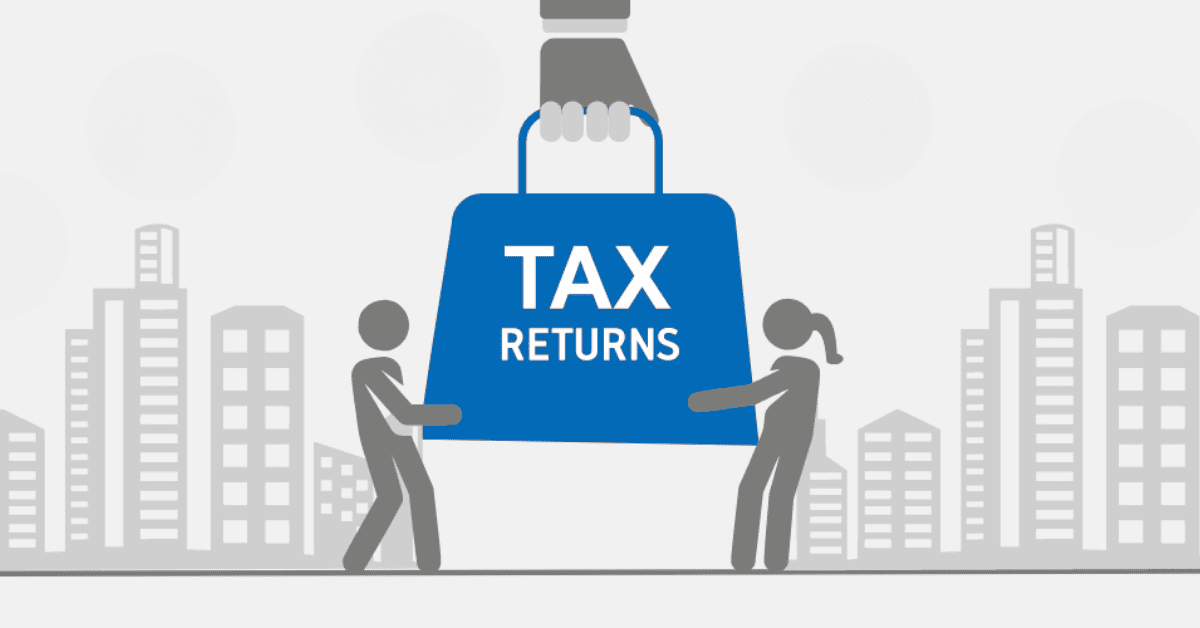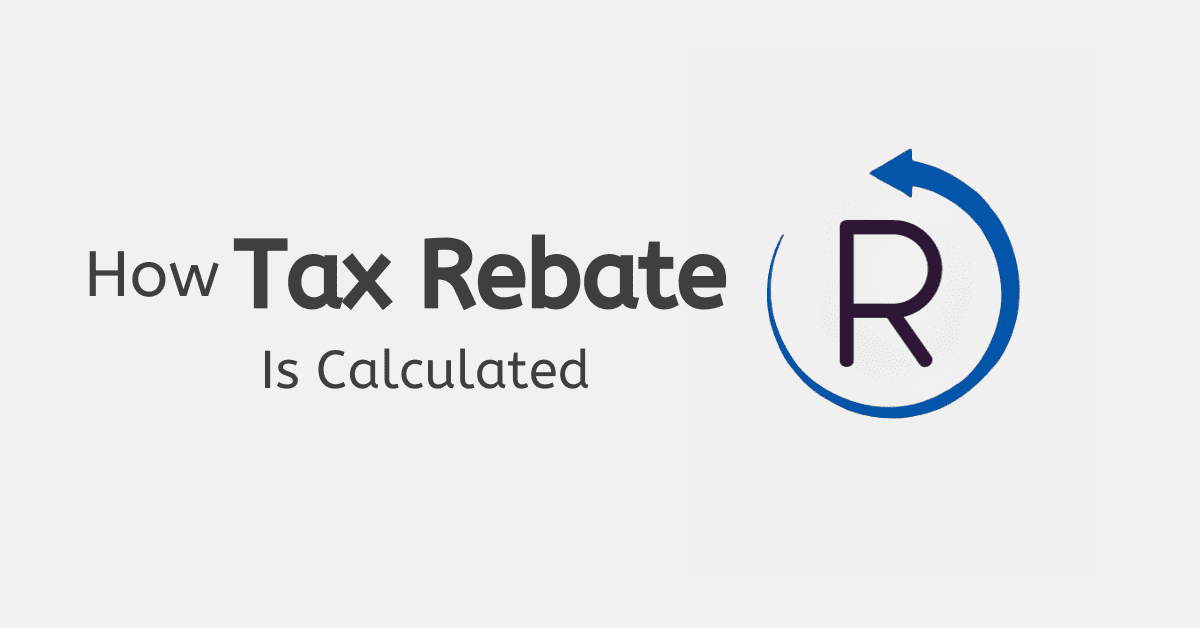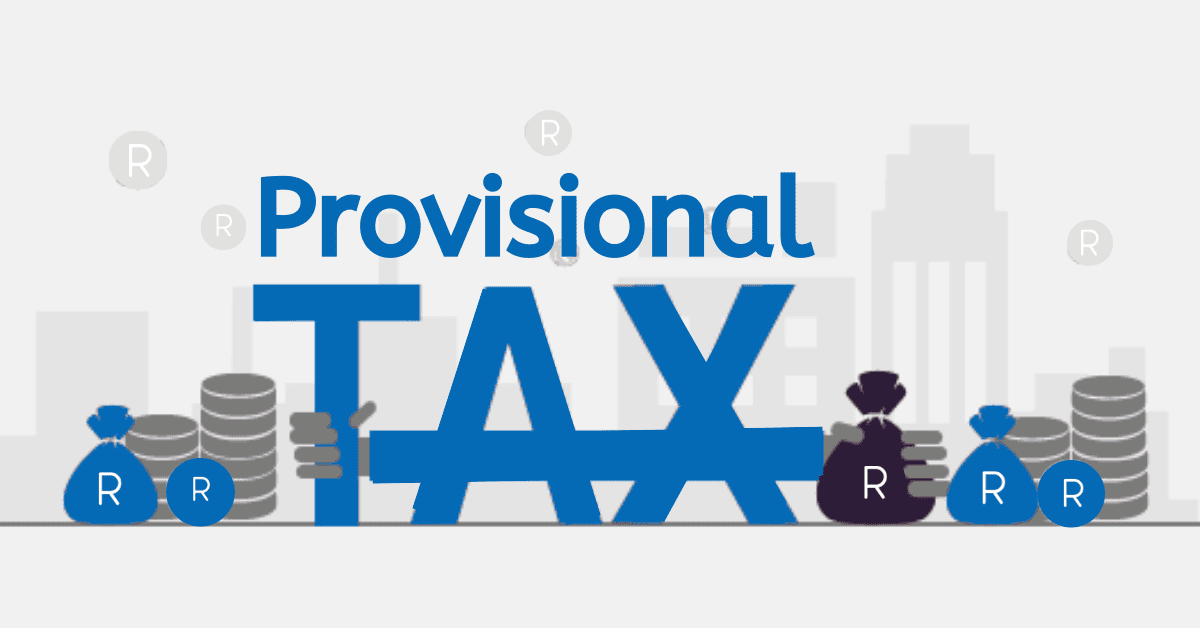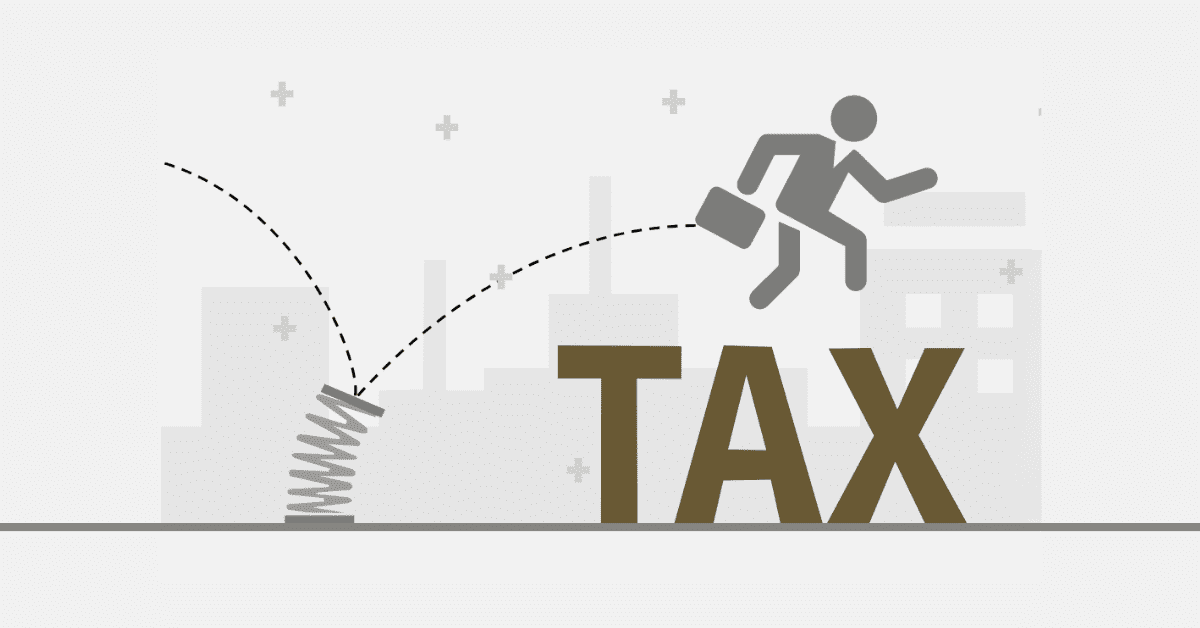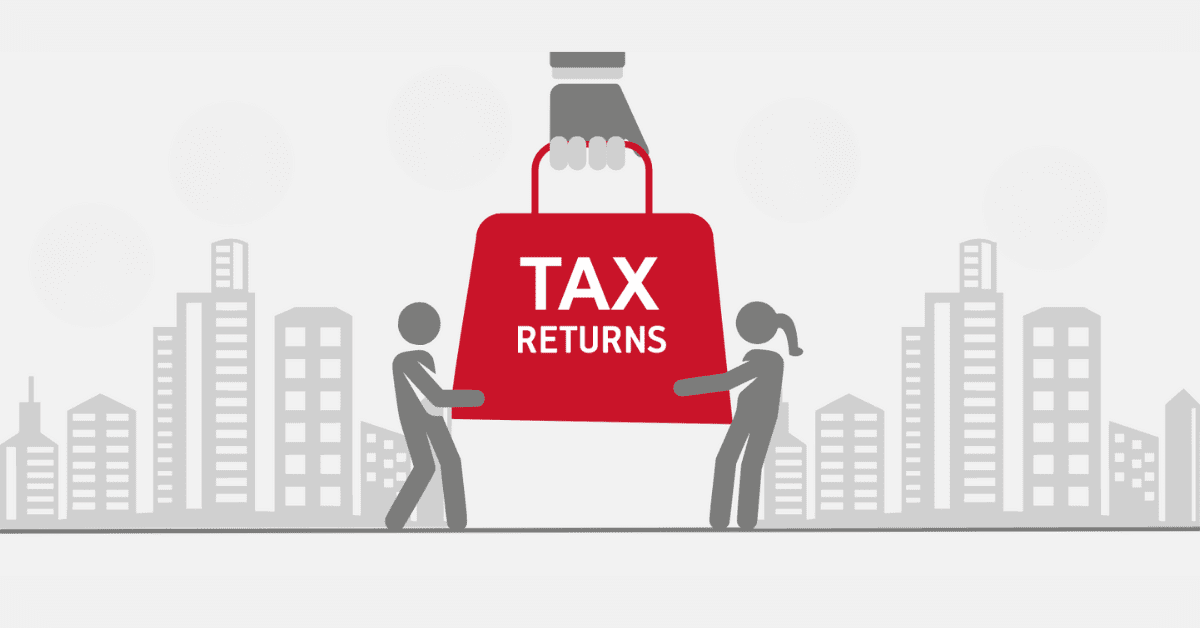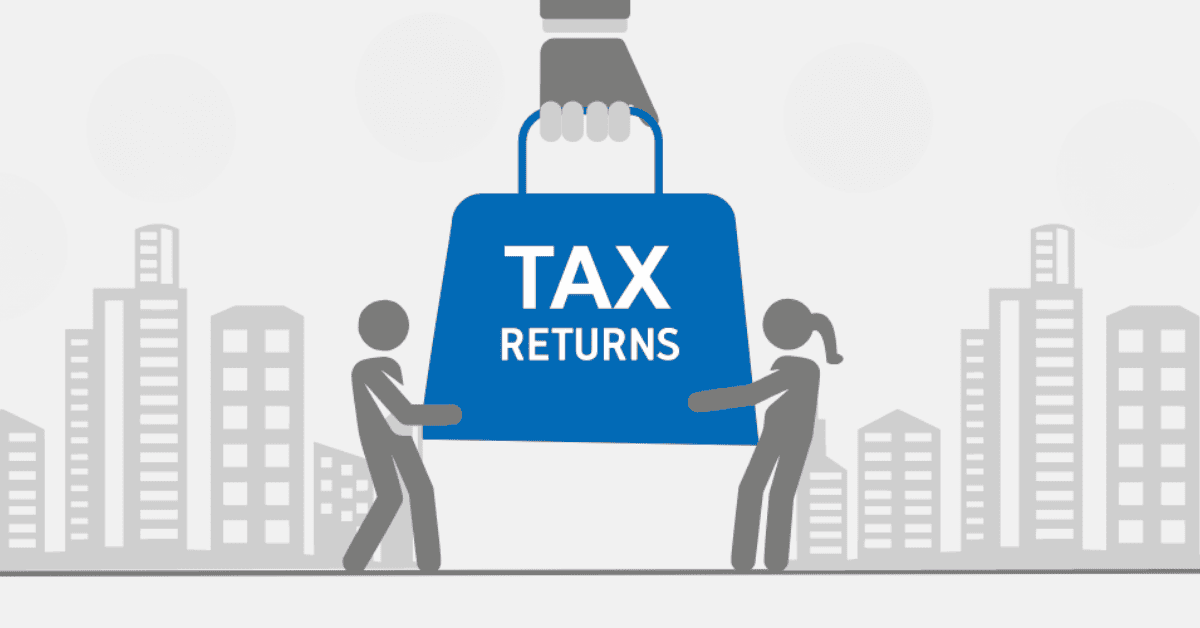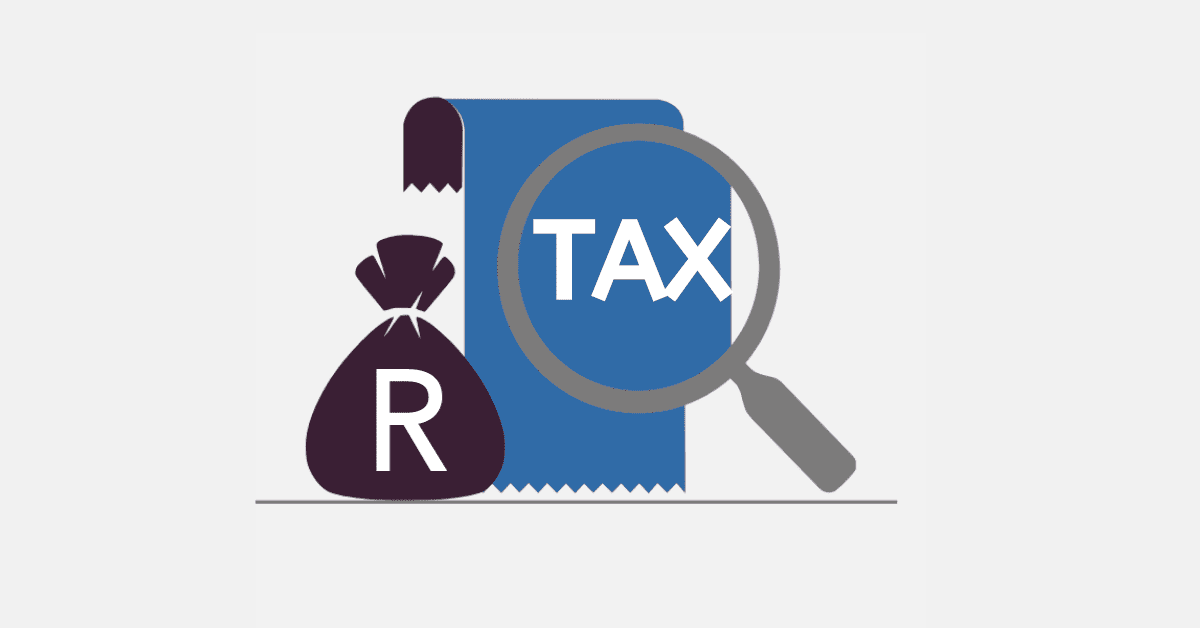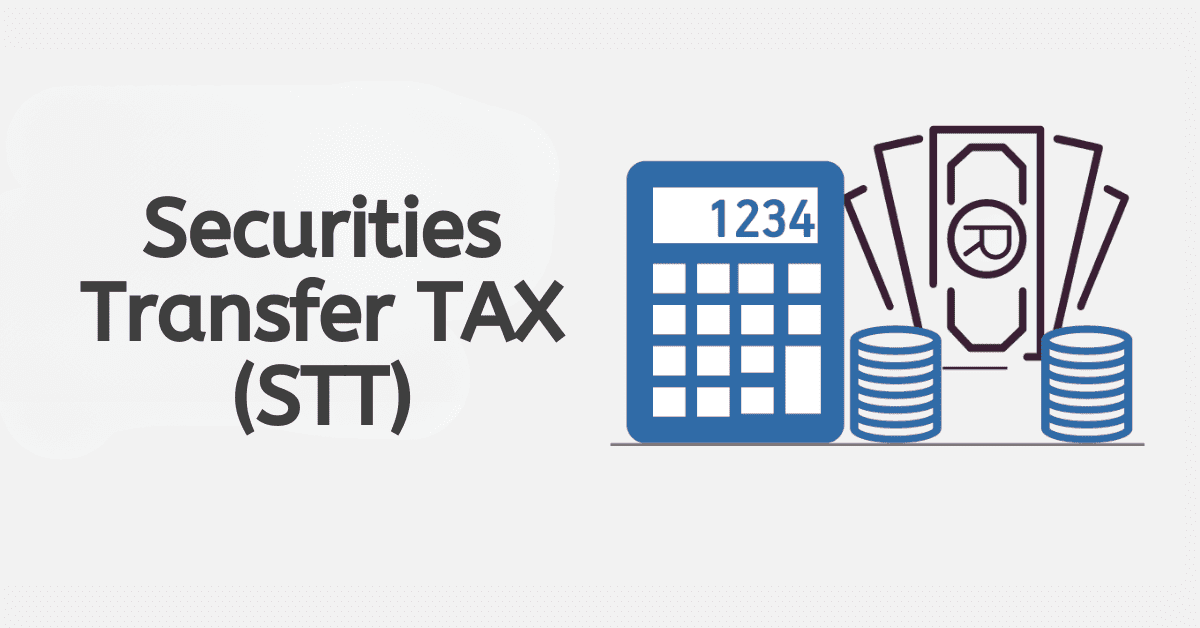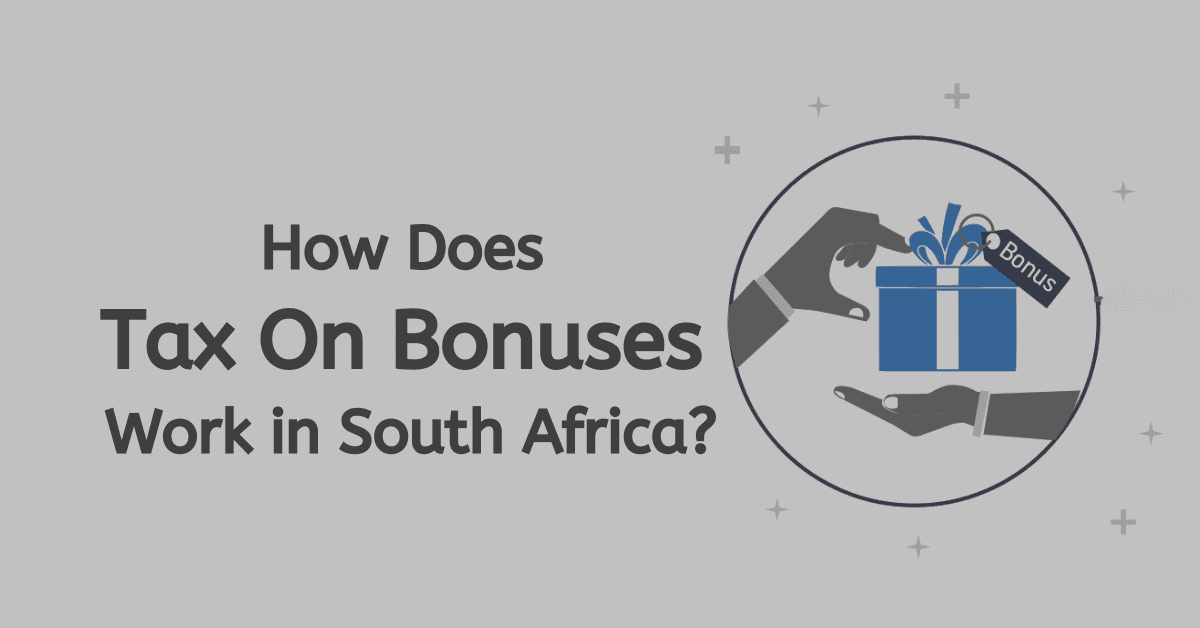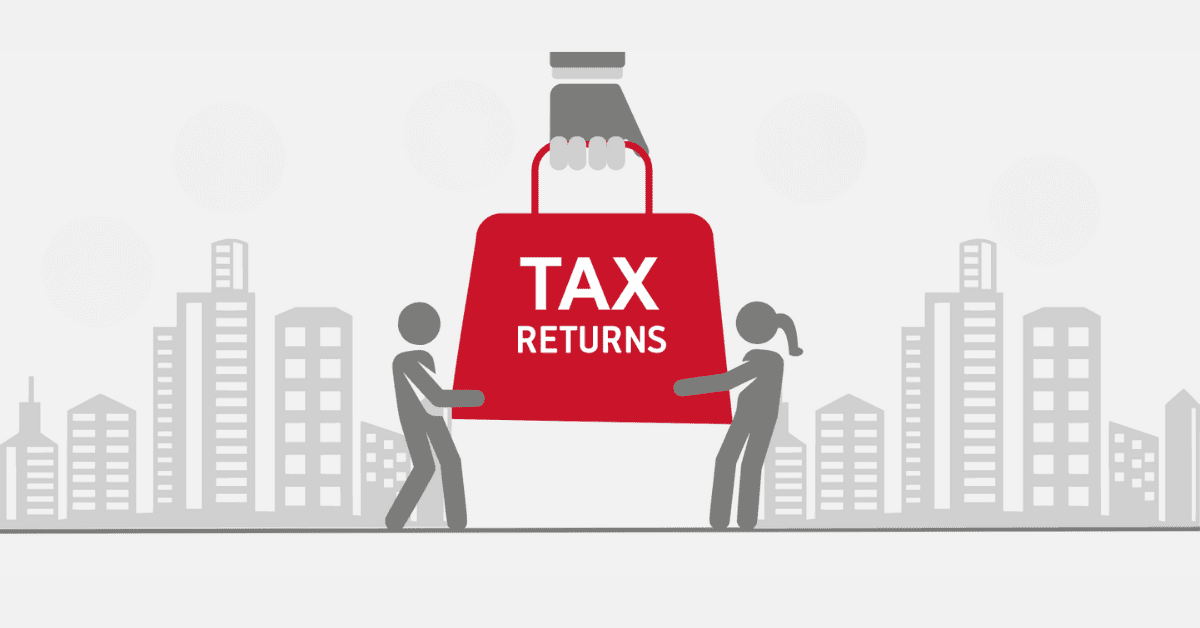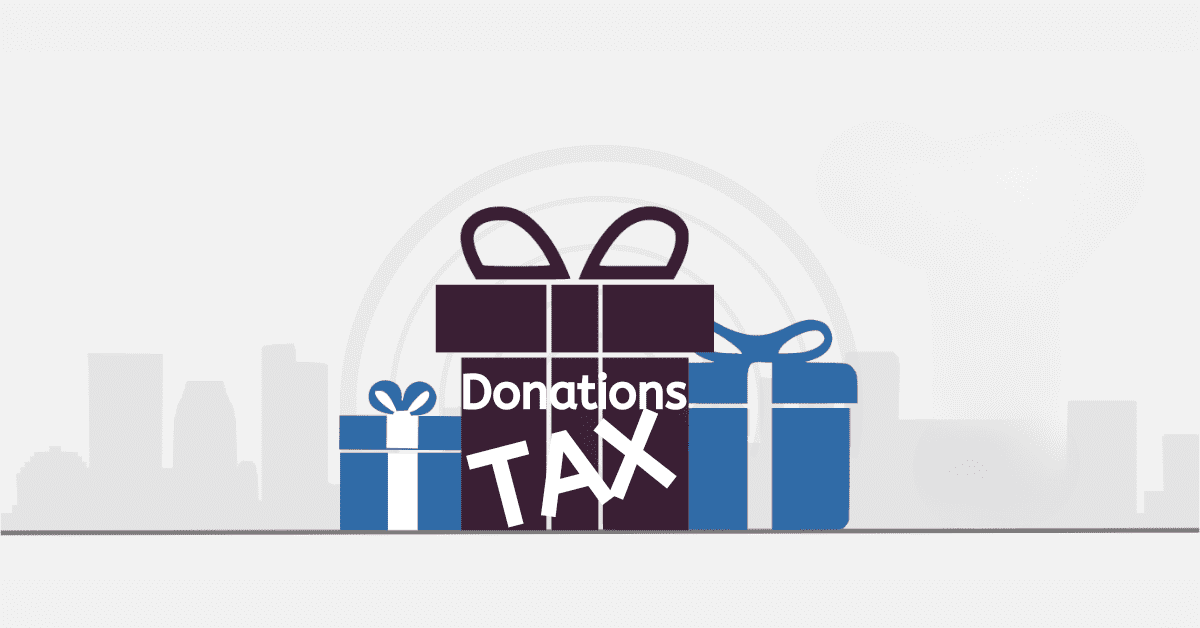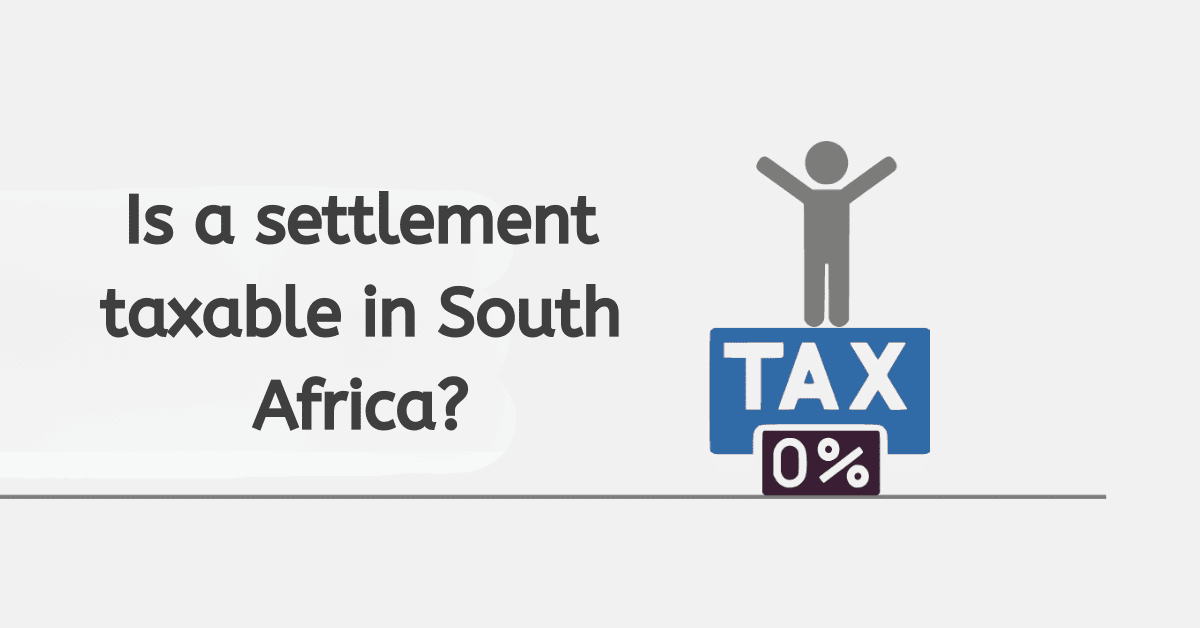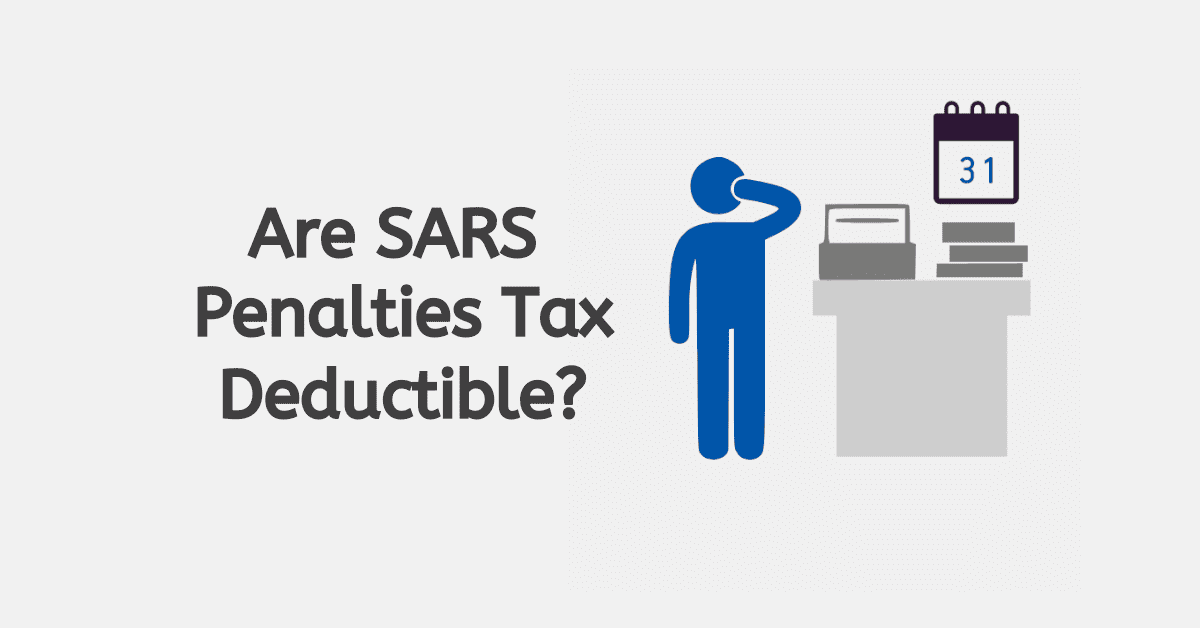Before 16 September 2022, the South African Revenue Service (SARS) required businesses to submit the Supplementary Declaration for Companies or Close Corporations (IT14SD), but this is no longer the case. Instead, the IT14SD has been replaced by a letter that requests the necessary documents determined by the reason for verification. Read on to learn about IT14SD Company Income Tax Supplementary Declaration.
What Is an IT14SD?
Before it was removed on 16 September 2022, SARS issued an IT14SD form for verification, but now it issues a letter requesting specific documents for the same purpose. This means that SARS does not require the taxpayer to submit the IT14SD anymore. The IT14SD involved a detailed reconciliation between income tax, Pay-as-you-earn (PAYE), Value Added Tax (VAT), and customs declarations where applicable. However, this kind of reconciliation has been replaced by the new risk-specific letters.
SARS requires taxpayers to provide signed annual financial statements, underlying tax schedules or supporting documentation, and detailed tax computations. If a taxpayer is selected for verification, they must meet this new standard process.
For instance, SARS requires the taxpayer in a loss situation to provide reasons and details for the loss incurred. In the case of a refund, the taxpayer must furnish SARS with the reasons for provisional tax overpayment or why the discrepancies occurred. Regarding total expenses incurred by the taxpayer, SARS requires a detailed income statement. If expenses exceed 50%, the taxpayer should provide reasons why they are viewed as tax deductible.
How to Submit an IT14SD Reconciliation
The completion and submission of the IT14SD were supposed to be done above the board to ensure that the input and output taxes were correctly entered and compliant. Reconciling the information on this form was time-consuming and complicated. The process required the following documentation:
- Return of income (Companies and Close Corporations (IT14))
- Customs Declaration and Employer Reconciliation Declaration
- Value-Added Tax Vendor Declarations (VAT201s)
- Other financial records that can be used to complete the IT14SD include signed financial statements, trial balances, and general ledgers. However, it is crucial to remember that no financial documents were supposed to be attached to the SARS submission.
The submission of an IT14SD reconciliation involved the following steps:
- Step 1: Record the total amount of VAT output declared in the VAT201s that have been submitted to SARS during the year of assessment. The difference between VAT periods and financial periods must be shown under “reconciling differences.”
- Step 2: Calculate turnover or total supplies by dividing total VAT output by 0.15 (15%). Your turnover should cover the VAT201 tax periods.
- Step 3: Record your total zero supplies, non-supplies, total exempt supplies, or anything that is not part of turnover. Other examples include recovered expenses, income billed in advance, or expenses wrongly allocated turnover VAT codes.
- Step 4: Complete all the reconciling differences between “Total VAT supplies as per VAT201 periods” and “Total Sales as per IT14”. The taxpayer was supposed to explain to SARS if there were differences in output tax entered on your VAT201 but not turnover as well as amounts not included in the VAT201 but allocated to turnover.
- Step 5: The taxpayer was supposed to include output tax that was not recorded as turnover according to VAT201. This includes rebates, expense recoveries, or deferred revenue. Items without VAT codes or changes in balance sheets that go to turnover but are not declared on the VAT201 must be included.
The taxpayer was supposed to divide their transactions into turnover and non-turnover and identify other issues. An analysis of the General Ledger accounts for turnover not included in VAT201s was supposed to be done, and all errors were explained.
To ensure compliance, the taxpayer was supposed to record all supplies on the VAT return including standard rate, exempt, zero rate, or non-supplies. The difference in turnover between AFS and VAT returns during the same period is related to exempt and non-supply income. In order to ensure a perfect reconciliation process, the taxpayer was supposed to accurately record and process all incomes or sales and purchases (expenses). All details were supposed to be captured on time.
What Is the Meaning of SD in Income Tax?
Standard deduction (SD) is a term used in income tax to describe the portion of income that is not subject to tax. Commonly, SD is primarily used to reduce the taxpayer’s tax bill. You should know that the amount of your SD is determined by your filing status, age, disability, or you are dependent on one’s tax return. For instance, individuals who are 65 years or older and those who are disabled or blind are eligible to get a higher standard deduction. Those who claim as dependents are likely to get lower standard deductions.
Is IT14SD Discontinued?
The IT14SD Supplementary Declaration for Companies or Close Corporations has been discontinued by SARS on 16 September 2022. In its place, taxpayers are supposed to provide a verification letter with the necessary supporting documents. The taxpayer needs to explain the verification reasons.
SARS previously issued an IT14SD for verification before it was banned. It involved a detailed reconciliation between income tax, PAYE, Value Added Tax (VAT), and customs declarations where relevant. However, this kind of reconciliation has been replaced by the new risk-specific letters. This means that taxpayers no longer need to complete the IT14SD form, which was seen as time-consuming and often complicated. However, the new verification letter must be accompanied by relevant documentation.
